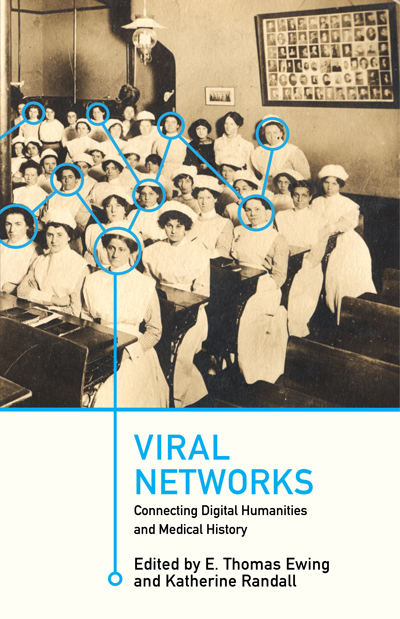JARS v48n4 - Research Foundation Makes Awards
Research Foundation Makes Awards
Mark Widrlechner, Chairman, ARS Research Committee
Ames, Iowa
Eight research proposals were submitted to the ARS Research Committee this spring. At the annual meeting in Asheville, the Research Committee reviewed each of them for probability of success, potential benefits to our members, and overall scientific merit. After a thorough discussion, the Committee recommended four proposals to the trustees of the ARS Research Foundation for funding. The Research Foundation trustees agreed with this assessment and have granted funds for the following projects:
1. $1,200 to A. Aiello, W. Graves, and J. lles at Iowa State University for "Subirrigation of Rhododendron Softwood Cuttings: A Method of Rooting Without Mist or Fog.” The refinement of subirrigation to root cuttings could give our members a simple, low-cost technique to replace mist or fog systems for vegetative propagation.
2. $3,000 to S. Korban at the University of Illinois for "Genetic Transformation of Rhododendron ." The ability to genetically transform popular cultivars has vast potential to improve insect and disease resistance, flower color, etc. Dr. Korban has proposed two different systems to introduce foreign genes into Rhododendron: through the use of a disabled crown gall bacterium and with projectile bombardment.
3. $2,500 to J. Pscheidt at Oregon State University for "Powdery Mildew of Rhododendron - A Taxonomic Survey." Both gardeners and commercial growers in the Pacific Northwest have recently become concerned about new species of powdery mildew. But no systematic survey has yet been undertaken in the region. Dr. Pscheidt will collect mildew samples from nurseries and gardens there and will analyze these collections to determine which species are causing infection.
4. $1,500 to P. Velguth and H. Pellett at the University of Minnesota for "Determination of Ploidy Level Variation in the Genus Rhododendron by Flow Cytometry." Because chromosome counts are extremely difficult to obtain, rapid alternatives to direct counts for determining chromosome number would be very helpful for breeding and for testing the results of colchicine treatments. Flow cytometry has been very effective in estimating DNA content for many other plants and can be applied to problems in Rhododendron.
